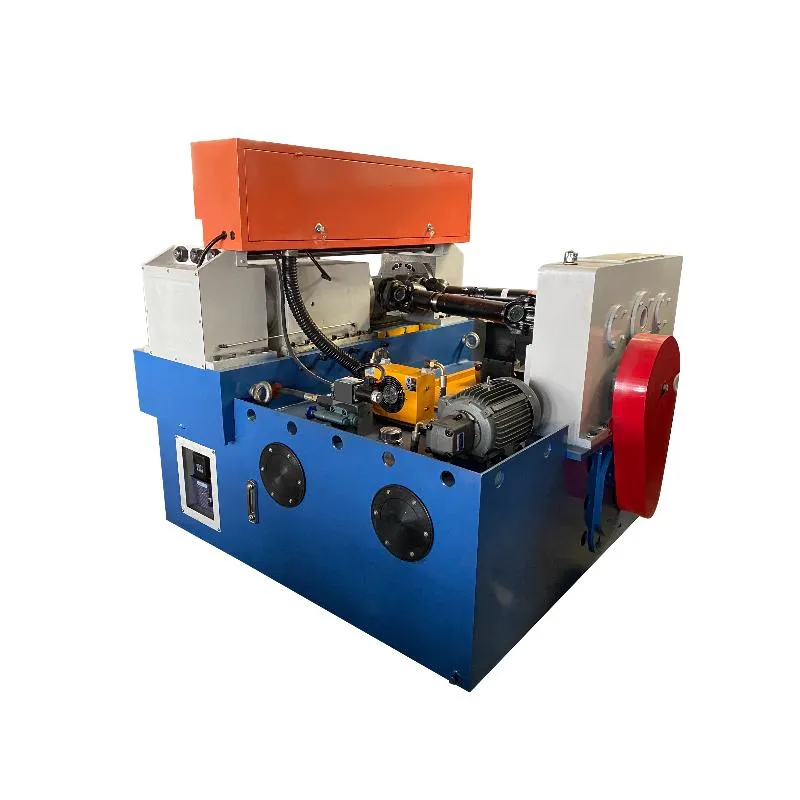
-
 Afrikaans
Afrikaans -
 Albanian
Albanian -
 Amharic
Amharic -
 Arabic
Arabic -
 Armenian
Armenian -
 Azerbaijani
Azerbaijani -
 Basque
Basque -
 Belarusian
Belarusian -
 Bengali
Bengali -
 Bosnian
Bosnian -
 Bulgarian
Bulgarian -
 Catalan
Catalan -
 Cebuano
Cebuano -
 Corsican
Corsican -
 Croatian
Croatian -
 Czech
Czech -
 Danish
Danish -
 Dutch
Dutch -
 English
English -
 Esperanto
Esperanto -
 Estonian
Estonian -
 Finnish
Finnish -
 French
French -
 Frisian
Frisian -
 Galician
Galician -
 Georgian
Georgian -
 German
German -
 Greek
Greek -
 Gujarati
Gujarati -
 Haitian Creole
Haitian Creole -
 hausa
hausa -
 hawaiian
hawaiian -
 Hebrew
Hebrew -
 Hindi
Hindi -
 Miao
Miao -
 Hungarian
Hungarian -
 Icelandic
Icelandic -
 igbo
igbo -
 Indonesian
Indonesian -
 irish
irish -
 Italian
Italian -
 Japanese
Japanese -
 Javanese
Javanese -
 Kannada
Kannada -
 kazakh
kazakh -
 Khmer
Khmer -
 Rwandese
Rwandese -
 Korean
Korean -
 Kurdish
Kurdish -
 Kyrgyz
Kyrgyz -
 Lao
Lao -
 Latin
Latin -
 Latvian
Latvian -
 Lithuanian
Lithuanian -
 Luxembourgish
Luxembourgish -
 Macedonian
Macedonian -
 Malgashi
Malgashi -
 Malay
Malay -
 Malayalam
Malayalam -
 Maltese
Maltese -
 Maori
Maori -
 Marathi
Marathi -
 Mongolian
Mongolian -
 Myanmar
Myanmar -
 Nepali
Nepali -
 Norwegian
Norwegian -
 Norwegian
Norwegian -
 Occitan
Occitan -
 Pashto
Pashto -
 Persian
Persian -
 Polish
Polish -
 Portuguese
Portuguese -
 Punjabi
Punjabi -
 Romanian
Romanian -
 Russian
Russian -
 Samoan
Samoan -
 Scottish Gaelic
Scottish Gaelic -
 Serbian
Serbian -
 Sesotho
Sesotho -
 Shona
Shona -
 Sindhi
Sindhi -
 Sinhala
Sinhala -
 Slovak
Slovak -
 Slovenian
Slovenian -
 Somali
Somali -
 Spanish
Spanish -
 Sundanese
Sundanese -
 Swahili
Swahili -
 Swedish
Swedish -
 Tagalog
Tagalog -
 Tajik
Tajik -
 Tamil
Tamil -
 Tatar
Tatar -
 Telugu
Telugu -
 Thai
Thai -
 Turkish
Turkish -
 Turkmen
Turkmen -
 Ukrainian
Ukrainian -
 Urdu
Urdu -
 Uighur
Uighur -
 Uzbek
Uzbek -
 Vietnamese
Vietnamese -
 Welsh
Welsh -
 Bantu
Bantu -
 Yiddish
Yiddish -
 Yoruba
Yoruba -
 Zulu
Zulu
CE Certified Hydraulic Thread Rolling Machine for Efficient and Precise Manufacturing
The Importance of CE Certification for Hydraulic Thread Rolling Machines
In the manufacturing world, quality assurance and safety standards are paramount, particularly when it comes to heavy machinery like hydraulic thread rolling machines. These machines play a crucial role in various industries by creating strong, precise threads for bolts, screws, and other fasteners. However, to ensure their safe operation and reliability, manufacturers often seek CE certification for their hydraulic thread rolling machines. This article explores the significance of this certification and its impact on industry standards.
Understanding CE Certification
CE certification, or Conformité Européenne, is a designation that indicates a product meets the essential requirements of relevant European health, safety, and environmental protection legislation. For hydraulic thread rolling machines, this means that they have been rigorously tested and meet the required safety standards for operation within the European market. The CE mark is essential not only for legal compliance, but also for building trust with customers and clients.
Why Hydraulic Thread Rolling Machines Require CE Certification
1. Safety Assurance The primary reason for seeking CE certification is to ensure that the machinery is safe for operators. Hydraulic thread rolling machines involve significant mechanical components and hydraulic systems that pose potential risks. CE certification ensures that these machines have undergone thorough assessments to mitigate hazards such as mechanical failures or hydraulic leaks that could lead to injuries.
2. Market Access In Europe, the CE mark is mandatory for a range of products, including industrial machinery. Without it, manufacturers may find it challenging, if not impossible, to sell their machines within the European Union. CE certification opens doors to international markets and allows manufacturers to compete globally.
3. Quality Standards CE certification is not only about compliance but also about quality assurance. The process of obtaining CE certification involves stringent testing and evaluation, which can push manufacturers to enhance the quality and performance of their machines. This improvement can lead to increased efficiency, lower production costs, and higher customer satisfaction.
ce certification hydraulic thread rolling machine

4. Legal Protection CE certification provides a legal framework for manufacturers. In the event of a dispute, having CE certification can protect manufacturers from liability claims, as it demonstrates compliance with established safety regulations and standards. This not only secures the manufacturer's position legally but also reinforces their commitment to quality and safety.
5. Consumer Confidence For consumers and businesses investing in hydraulic machines, knowing that a product is CE certified instills confidence in its reliability and safety. This can be a decisive factor for buyers when choosing suppliers, as they often prefer machines that come with assurances of compliance and quality.
The Certification Process
Obtaining CE certification is a process that typically involves several steps, including initial product assessment, technical documentation preparation, compliance testing, and final certification by a notified body. For hydraulic thread rolling machines, this may include verifying the hydraulic systems, assessing electrical components, and evaluating overall machine performance.
Manufacturers may need to invest time and resources into ensuring their machines meet the necessary standards. This process can be quite complex, depending on the machine's design and intended application, but the long-term benefits of CE certification can far outweigh the initial costs.
Conclusion
In a competitive global market, CE certification for hydraulic thread rolling machines is no longer just an option; it is a necessity. By adhering to the rigorous standards required for certification, manufacturers enhance the safety, quality, and reliability of their products, paving the way for successful market entry and a strong reputation. As industries continue to evolve, the focus on safety and compliance will remain a cornerstone of manufacturing excellence.
